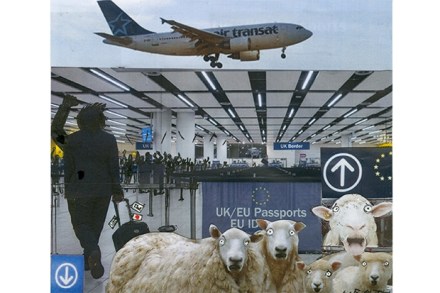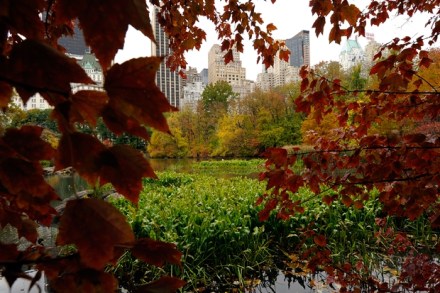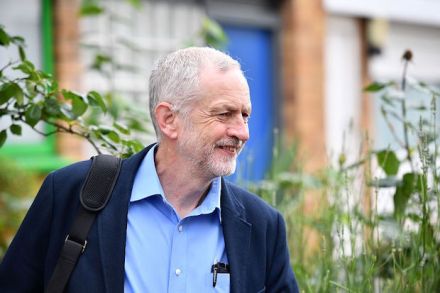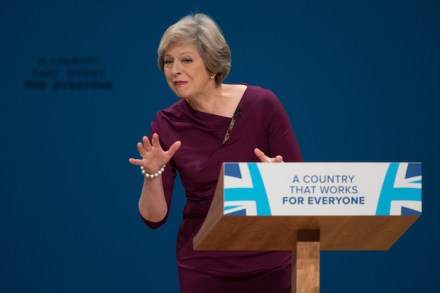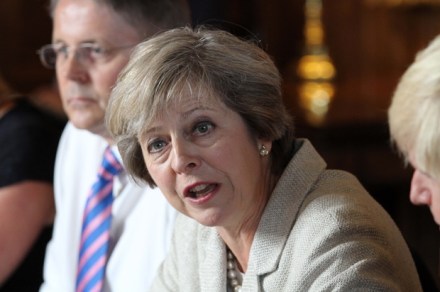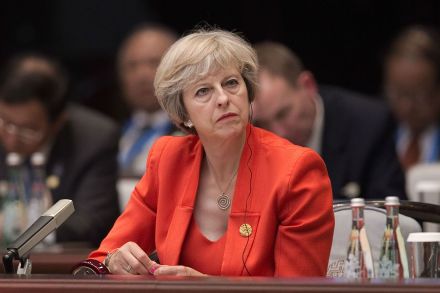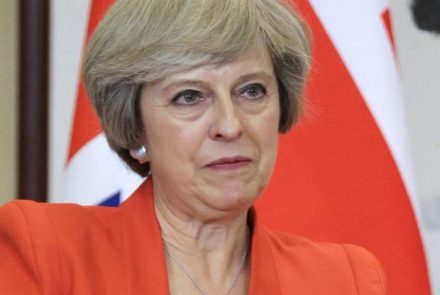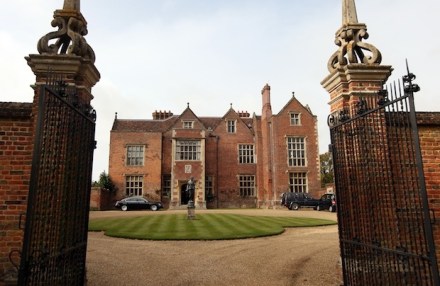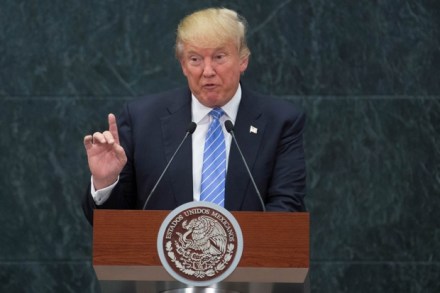Bordering on insanity | 3 November 2016
There are lots of signs at Gatwick about how it is unacceptable to be ‘rude or abusive’ to Border Force staff. One poster warns that losing your temper or gesticulating in a threatening manner could be a criminal offence. Keep a lid on it, is the-message. My wife Joanna and I recently had plenty of time to study these missives and just about kept a lid on it after returning from a weekend in Spain. It was a Monday evening that became a Monday night at Gatwick’s north terminal as thousands of travellers snaked back and forth for nearly an hour at passport control in an atmosphere that swung from
